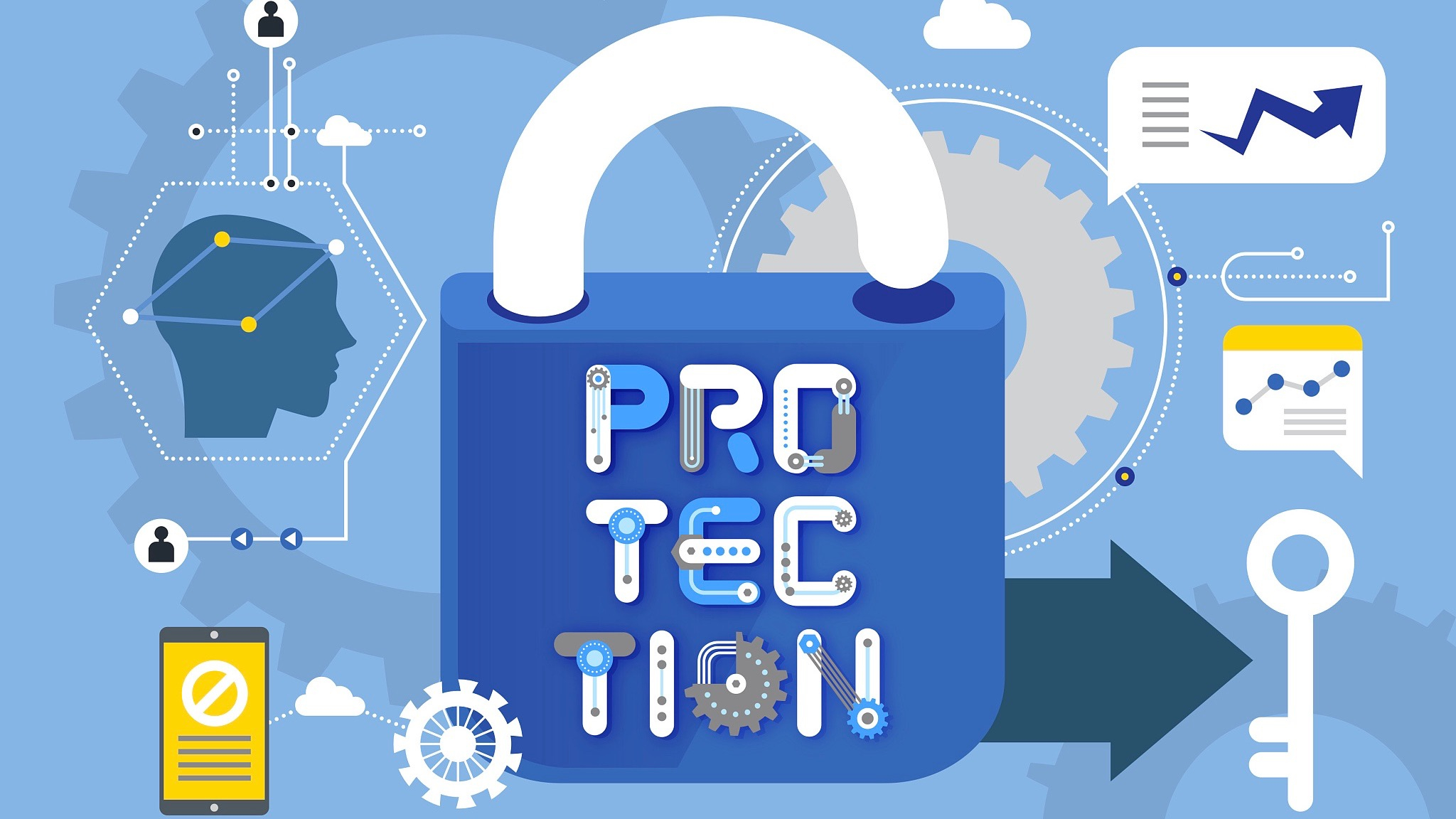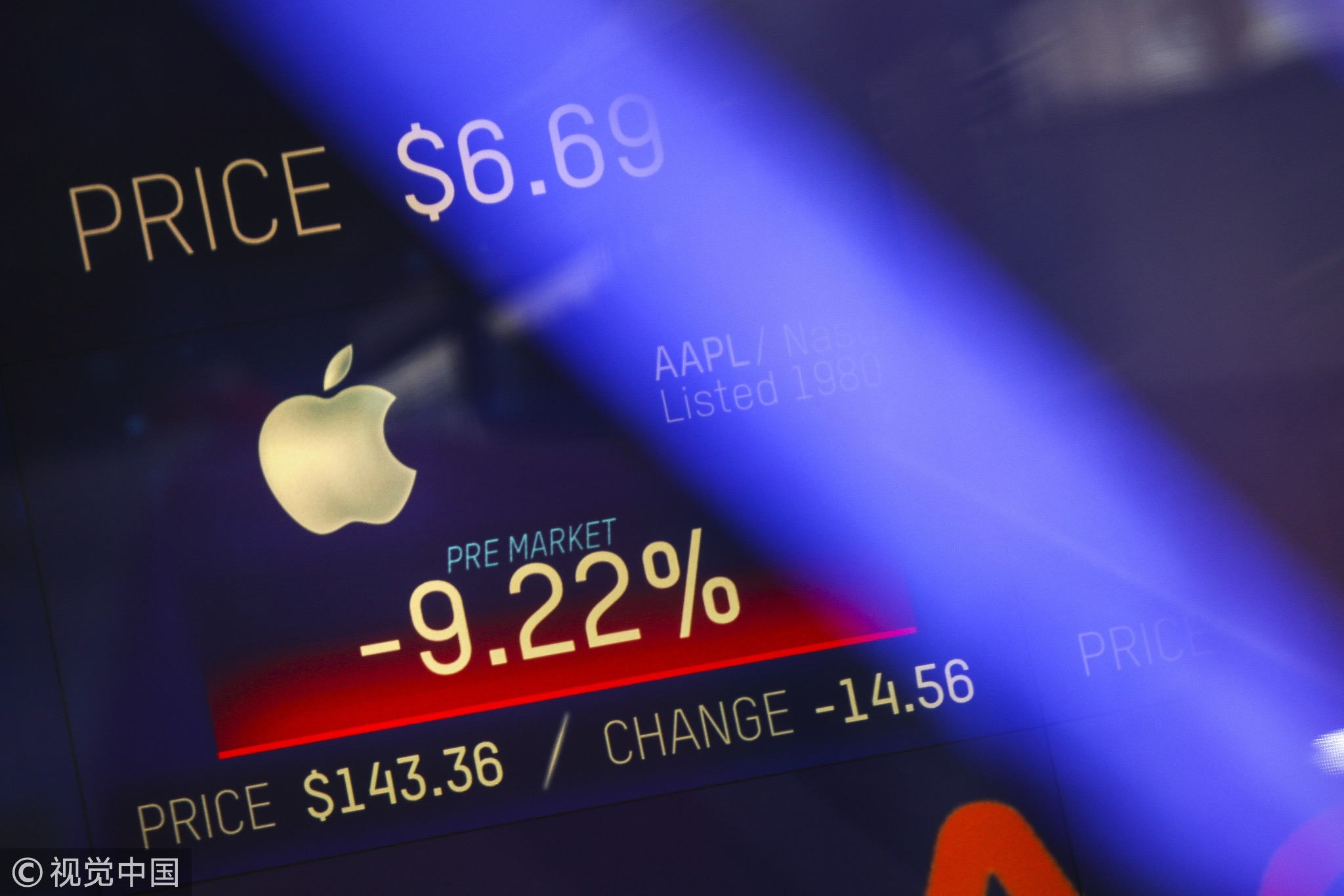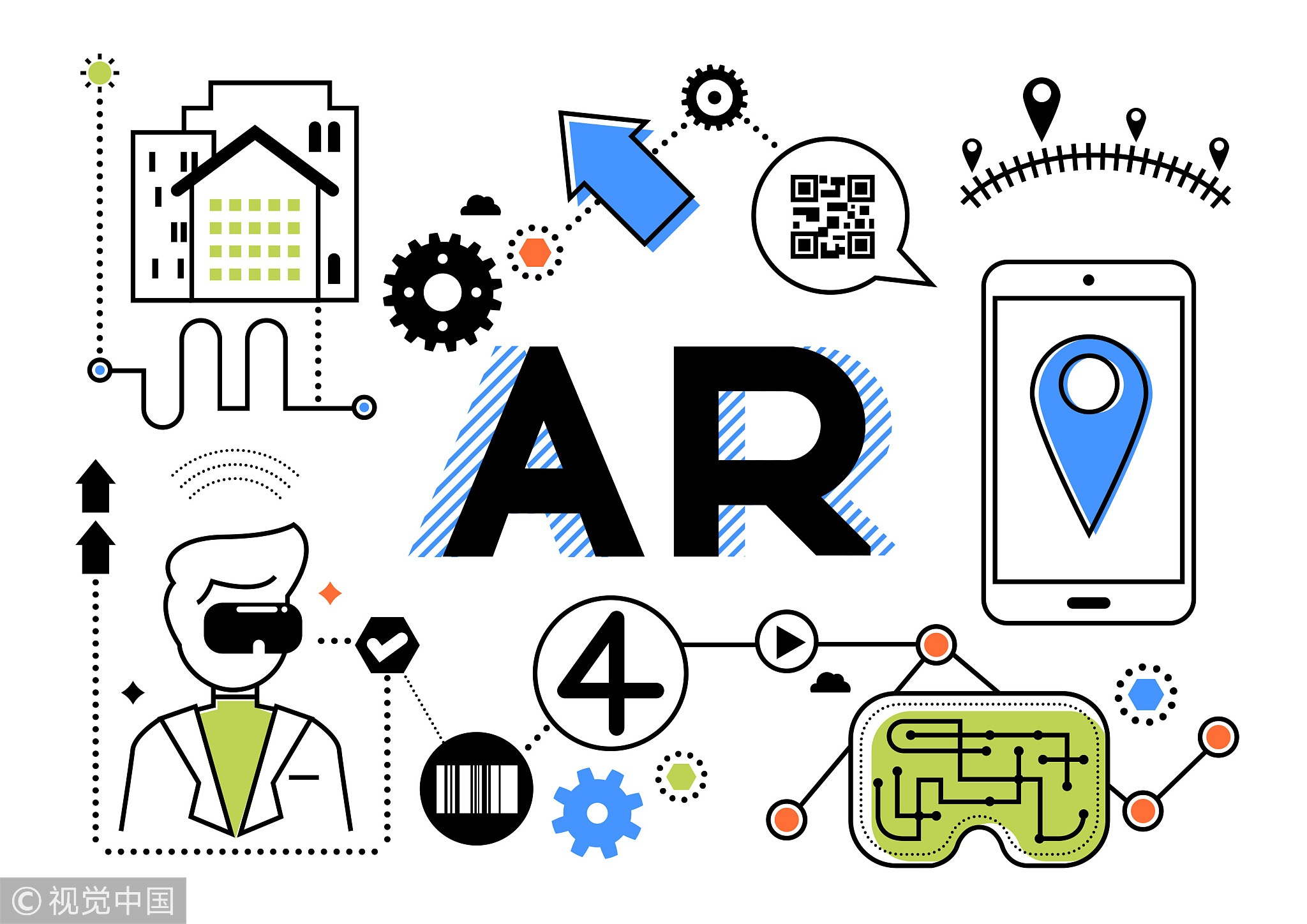
World
16:11, 06-Jan-2019
Apple's woes – Industry 4.0 Vs. Protectionism 2.0
Updated
15:26, 09-Jan-2019
By Wang Xiaonan

Major power competition dominated the global scene over the past year, with trade tensions running high. At a time when a full-blown trade war looms large, the tussle for the tech crown is ratcheting up. This tech one-upmanship, which is picking up steam in the new year, could quicken the onset of Industry 4.0.
As we celebrated the New Year with cider, beer and champagne, a slew of U.S. tech companies went through a lackluster holiday. For the first time in 15 years, Apple released a shocking revenue-guidance downgrade, slashing its sales forecast by 6 to 10 percent over the fourth quarter of 2018 (the first fiscal quarter of 2019).
In a letter to investors on Wednesday, Apple CEO Tim Cook gave reasons such as unexpected "economic deceleration" in Greater China and longer replacement cycles among fans of the iPhone. On the next day, the shares of the world's largest tech company cratered nearly 10 percent, causing a steep fall on the Dow Jones, S&P and Nasdaq.

Stock numbers for Apple are displayed on a screen at the Nasdaq Market Site in Times Square, New York City, January 3, 2019. /VCG Photo
Stock numbers for Apple are displayed on a screen at the Nasdaq Market Site in Times Square, New York City, January 3, 2019. /VCG Photo
Other companies with big business in China also suffered: Caterpillar shares slid by 3.9 percent and Boeing shares went down 4 percent. Even carmakers General Motors and Daimler failed to escape in the midst of trade conflicts between the world's two largest economies.
There's no denying that the prolonged trade feud has dragged down both China and the U.S. and dulled Chinese consumer appetite for iPhones, which constitute a bulk of Apple's revenue. Protectionism 2.0 – building walls not only in old-market products like food, apparel and machines but also in the innovation-driven digital economy – inevitably contributed to Apple's woes.
But a shrinking Chinese market due to trade turbulence is not the sole factor. Europe and other Asian markets including India have also witnessed a sales shortfall for Apple as consumers are reluctant to upgrade from current iPhone models.
Over the past seven years since Steve Jobs left us, Apple has been struggling with innovation to satisfy its die-hard fans, let alone continue leading in the cutting-edge technology of the 4th Industrial Revolution. It seems that for Apple, creativity is reaching its upper limit, while Chinese phone makers such as Huawei, Xiaomi and Vivo, which sell at much lower prices, are picking up the slack.
Some tech analysts suggest that Apple picks up the speed in releasing a 5G iPhone or it will lose an enormous market. Last month, Apple reportedly planned to postpone producing an iPhone compatible with fifth-generation mobile technology until at least 2020. Similarly, the California-based company used to be a laggard in implementing 3G and 4G LTE cellular capacities.

Apple had been using Qualcomm chips in its previous iPhones. /VCG Photo
Apple had been using Qualcomm chips in its previous iPhones. /VCG Photo
Patrick Moorhead, president of Moor Insights & Strategy, said, "Every single premium Android handset maker will have 5G in 2019, many in the first half of 2019." That Apple might delay adopting 5G-compatible iPhones, whether due to its patent war with Qualcomm – a leading U.S. chip provider – or out of its alliance with Intel, is rattling investors.
In the arena of smart home appliances, Apple's Homepod is also overwhelmed by the Amazon Echo and Google Home, which dominated the artificial intelligence (AI) market early on. Moreover, Homepod will not operate well without the iPhone as a remote. Last year, Baidu joined the ranks with the release of its conversational DuerOS AI assistant.
Hence Apple seems stuck in a phase of iteration in this Industry 4.0 whirlpool, apart from being a victim of Washington's Protectionism 2.0. The data-driven, machine-learning industrial revolution is transforming business operations, powering the economy as well as facilitating our daily life with big data, AI, virtual reality, augmented reality, renewable energy, robotics, and 3D printing. That's why the world is seeing a flattening out on the tech landscape where chips and algorithms are crucial elements.

The 4th Industrial Revolution. /VCG Photo
The 4th Industrial Revolution. /VCG Photo
"The 4th Industrial Revolution will offer an opportunity for nations to advance in the midst of slowing economic growth and split business blocks," Long Guoqiang, vice president of the Development Research Center of China's State Council, said at a recent forum forecasting international relations in 2019 in Beijing.
However, one country alone will find it difficult to prosper given interconnected supply chains in fields such as AI to supercomputing. Industry 4.0 needs a fusion and acceleration of various technologies. The Internet of Things is, in a sense, an Internet of countries, industries, businesses and individuals.
Last January, a Time magazine article listed the "tech Cold War" as one of the top 10 risks to the world in 2018. "Fragmentation of the tech commons creates both market and security risks," the article stated.
In 2019, whether we see the tech race further splitting the world or uniting industries and countries remains to be seen.

SITEMAP
Copyright © 2018 CGTN. Beijing ICP prepared NO.16065310-3
Copyright © 2018 CGTN. Beijing ICP prepared NO.16065310-3